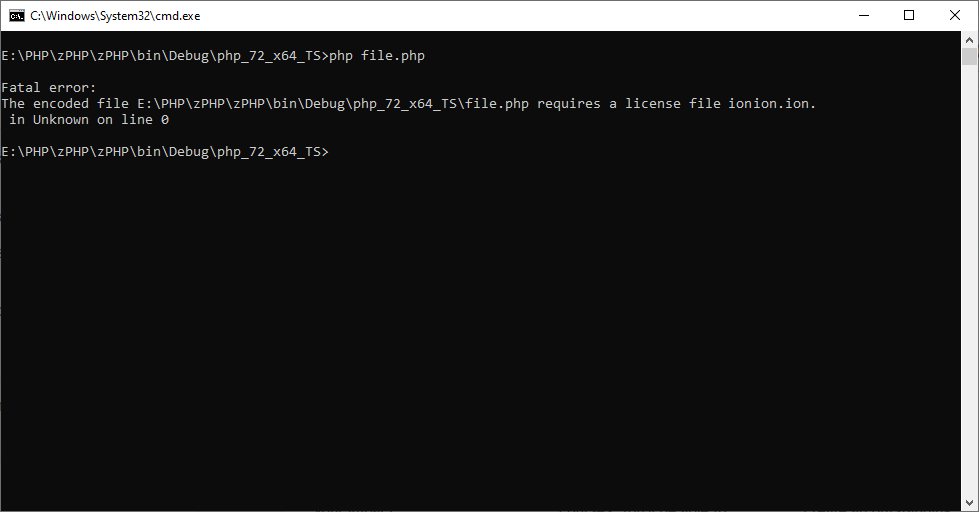The ioncube protected PHP files could be bind to a license file with several restrictions.
Restrictions may be expiration date, mac address, domain names.
License file also may contain properties and keys that can be used from the source code.
Developers use license files to share the same protected script to different users.
The license files are encoded. You see just a text file but if you decode it, you read all restrictions and data. Decoding license is not easy. First we extract some data from one encoded .php file which is bind to the license file. These data are the same from all encoded files of the script and can be used to accelerate the decoding procedure. The license decoding procedure can be reversed from the loader binaries. Obviously, you follow the reverse procedure to create your own license file for the specific encoded file(s).
